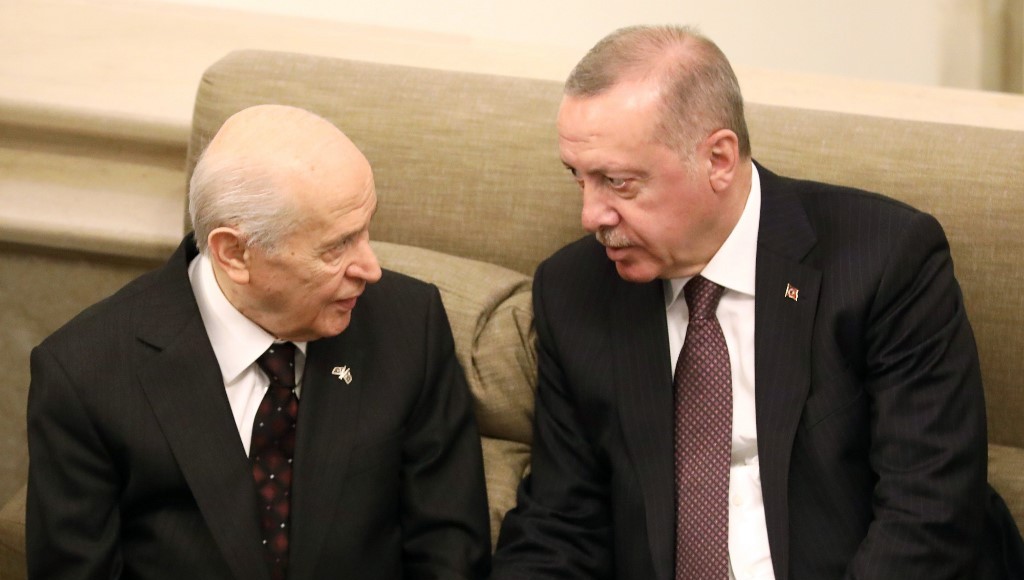Turkey’s ruling Justice and Development Party (AKP) and its election ally, the Nationalist Movement Party (MHP), would have received a nationwide vote of below 40 percent if a general election were to have been held in the first month of 2021, opinion poll results indicate.
According to the survey, which was conducted by the MAK Consulting Company in face-to-face interviews with 2,850 people between Jan. 14 and 26, votes for the AKP in a January 2021 general election would have totaled 32.2 percent, while the MHP would have received only 7.7 percent, which is below Turkey’s election threshold.
Turkey has a 10 percent election threshold, which means if a party fails to get 10 percent of the national vote in a general election, they lose the opportunity to be represented in parliament.
A previous MAK survey showed the AKP-MHP alliance receiving a nationwide vote of 41.1 percent if a general election were to have been held in December 2020.
In the last general election, held in June 2018, the AKP garnered a nationwide vote of 42.6 percent, while the MHP received 11.1 percent.
The MAK survey results further showed that 22.5 percent of the electorate would vote for the main opposition Republican People’s Party (CHP), 12.3 percent for the nationalist opposition Good Party (İYİ) and 8 percent for the pro-Kurdish Peoples’ Democratic Party (HDP).
The two new parties, the Gelecek Party (GP) and the Democracy and Progress Party (DEVA), established by former AKP politicians Ahmet Davutoğlu and Ali Babacan, would receive 2.2 and 2 percent of the vote, respectively, with the Islamist opposition Felicity Party (SP) getting 1.3 percent.
To a question asking whether it is necessary to hold a snap election in Turkey, 49 percent of respondents said “Yes,” while 41 percent answered “No”. The remaining 10 percent of respondents said they had no opinion.
When asked about Turkey’s number one problem, 65 percent of participants responded economic issues such as the high cost of living and unemployment. Economic problems were followed by social and judicial issues at 13 percent and COVID-19-related problems at 10 percent.

